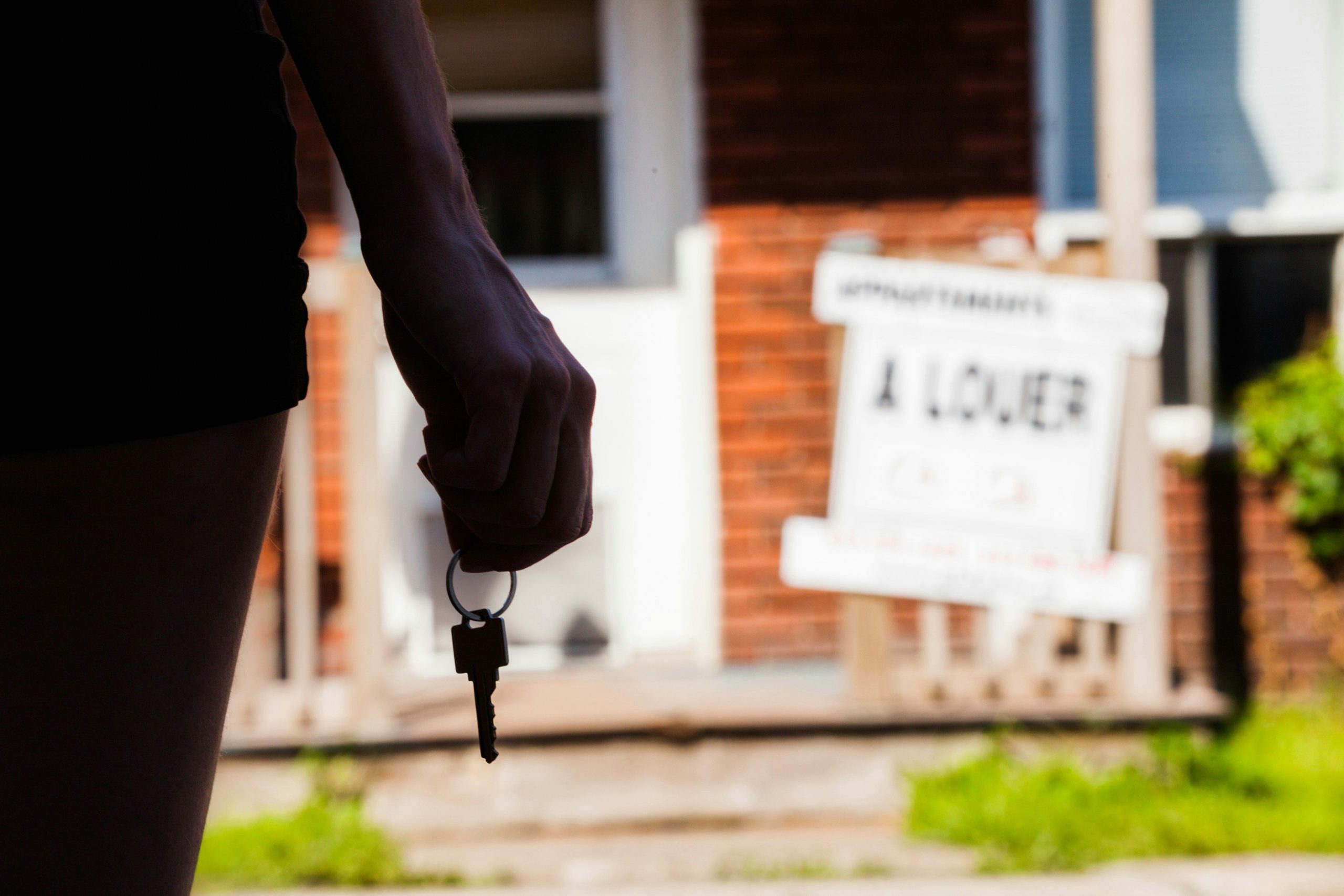The winds of change have swept across the globe, transforming multiple facets of life as we know it. One area that has seen significant evolution is the sphere of education, with the rise of remote learning trends. This shift has had consequential implications on various sectors, including real estate – specifically, student housing markets. Our focus today is on Cambridge, a city renowned for its educational institutions. We’ll delve into how this evolving paradigm of remote learning is impacting student housing markets here.
The Rise of Remote Learning: A Precursor
The advent of technology has democratized education, making it accessible to the farthest corners of the world. The COVID-19 pandemic further accelerated this transition, forcing institutions to adapt to remote learning almost overnight. Even as we navigate the post-pandemic world, many institutions continue to embrace remote learning, given its numerous benefits such as flexibility, cost-effectiveness, and the ability to cater to diverse learning styles.
A découvrir également : How Can Developers Promote Sustainability in New Housing Projects in Wales?
While this shift has been heralded for its positive impact on education accessibility, it has brought about consequential changes in related sectors. One such sector is the student housing market, particularly in education hubs such as Cambridge. The implications are manifold and require a comprehensive understanding to adapt to the changing landscape.
Remote Learning and Reduced Demand for Student Housing
Cambridge, home to world-renowned universities, has always had a buoyant student housing market. However, with the advent of remote learning, physical attendance is no longer a requirement. This development has led to a decrease in demand for student accommodation, especially among international students who form a sizeable chunk of the city’s student population.
Dans le meme genre : What Are the Pros and Cons of Investing in Floating Homes in the UK as Climate Change Advances?
When students choose to learn from their home countries or cities, the need for accommodation in university towns diminishes. The reduced demand can lead to a surplus of student accommodations on the market. This excess supply could potentially lead to reduced rental prices, impacting landlords’ income adversely.
The Shift Towards High-Quality Student Housing
Another important implication of the remote learning trend is the shift towards high-quality student housing. As learning from home becomes embedded in the education system, students who do opt for an on-campus experience are seeking more comfortable, spacious accommodations that can double up as efficient learning spaces.
To compete in this shifting market, landlords and student housing providers need to be innovative. This could involve offering more amenities such as private study rooms, high-speed internet connections, and even wellness facilities. The future of student housing in Cambridge may well be defined by a quality-driven approach, rather than the quantity-driven model that has prevailed so far.
The Rise of Short-Term Leases
The uncertainty surrounding the future of on-campus learning has given rise to another trend – the preference for short-term leases. This trend is driven by the need for flexibility among students, who are unsure about their physical presence requirements at the university.
Short-term lease agreements allow students to have a base in Cambridge without committing to a long-term rental contract. For landlords, however, this might mean increased turnover and potentially inconsistent income. Property managers need to adapt their strategies to accommodate these changes, potentially offering more flexible tenancy terms to attract tenants.
Repurposing Student Housing Accommodations
One potentially proactive response to the changing dynamics is repurposing student accommodation. With decreased demand, landlords and student housing providers can explore other avenues. For example, accommodations could potentially be transformed into private rentals, co-living spaces, or even serviced apartments.
While such changes may require initial investment, they could lead to diversified income streams and greater stability for landlords and property managers. This approach also allows the real estate sector to adapt to broader societal changes, such as the rise of remote work and the growing popularity of flexible living arrangements.
In summary, the shift towards remote learning has brought about significant changes in the student housing market in Cambridge. Reduced demand, a shift towards quality, a preference for flexible leases, and the potential for repurposing accommodation are all key implications of this trend. As we move forward, it’s clear that adaptability and innovation will be key for those operating in the student housing market.
The Impact of Remote Learning on Housing Investments and Real Estate Developers
The rise of remote learning has not only affected students and landlords but also has significant implications on housing investments and real estate developers. Previously, investment in student housing was seen as a reliable source of steady income due to the constant influx of students in university towns like Cambridge. However, with the decrease in physical attendance, investors may need to reconsider their strategies.
Real estate developers, who have traditionally banked on the constant demand for student housing, may also face challenges. With a potential surplus of student accommodations, developers may need to shift their focus from building traditional student housing to creating quality-driven, flexible spaces that cater to the changing needs of the students. This could mean developing properties that can function both as student housing and as regular residential properties, or incorporating more home-office friendly designs to accommodate remote learners.
Real estate developers and investment firms will need to stay abreast of the changing trends and adapt accordingly. This could involve extensive market research to understand the evolving needs of students, and incorporating more flexible and innovative design strategies. While there is a level of uncertainty, this shift also presents an opportunity for real estate developers and investors to innovate and diversify their portfolios.
The Role of Universities in the Changing Student Housing Market
Universities play a crucial role in shaping the student housing market. Their policies regarding remote learning and on-campus attendance can significantly influence the demand for student housing. As the trend towards remote learning continues, universities may need to rethink their strategies regarding on-campus housing.
For instance, to maintain a vibrant campus life and ensure the continued demand for on-campus housing, universities might consider implementing a hybrid learning model. This involves a mix of online and in-person classes, which would require students to be on campus for a certain period.
Furthermore, universities could also explore partnerships with real estate developers to create on-campus housing that meets the evolving needs of students. This could involve creating more spacious accommodations with dedicated study areas and high-speed internet connections. Such partnerships could be a win-win situation, providing students with quality housing while ensuring a steady demand for the developers.
In conclusion, the rise of remote learning has significantly impacted the student housing market in Cambridge, influencing not only the demand and quality of accommodations, but also affecting housing investments and the strategies of real estate developers. While these changes present challenges, they also provide opportunities for innovation and diversification. As we navigate this evolving landscape, staying adaptable, understanding the evolving needs of students, and fostering strategic partnerships could be the key to success in the changing student housing market.






